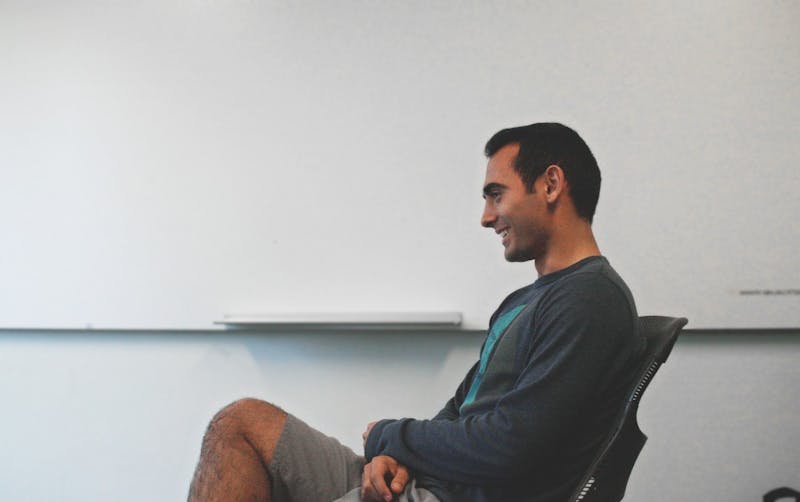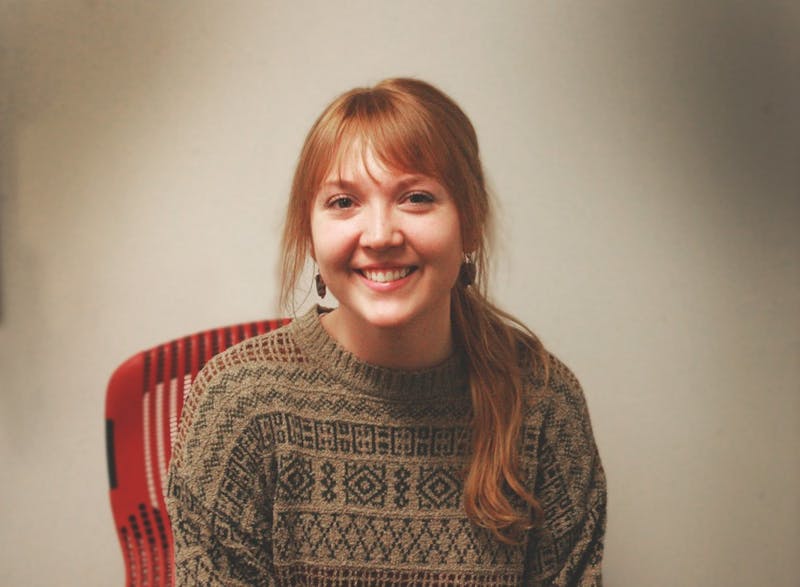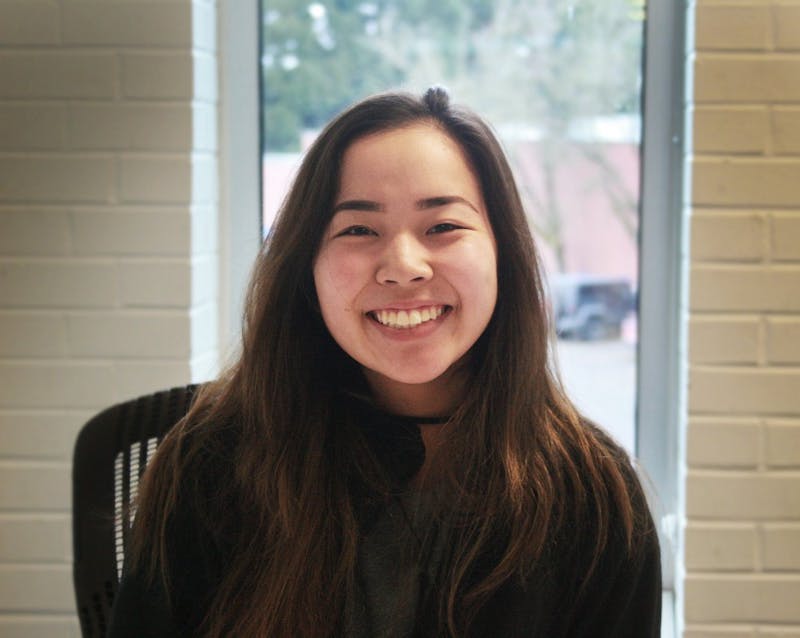There are different stages in transitioning back from studying abroad. There’s the sadness of leaving, when you’re heading to the airport in the last taxi you’ll take in the city you’ve called home for the past term. But after all the running through Heathrow Airport to catch your connecting flight back to PDX, you’re ecstatic to come home to your own bed and familiar faces.
Then come the stages of frustration: frustration of not adjusting as quickly as you’d like, frustration of feeling uncomfortable in the place you’ve called home for the last 19-20 some years, and mostly, frustration of not still being abroad.
Those who study abroad are often warned about ‘culture shock.’ What they don’t tell you about is the shock that you could possibly experience when you come back home.
Reverse culture shock is a struggle that students might face when re-entering their lives after having gone abroad. The same way that a new culture can shock you, the culture of the life you knew before abroad can also, surprisingly, shake you. For junior Matt Foronda, living in Spain for almost half of 2016 was an experience that was new, exciting and transformative.
“You feel like you’re going to come back and be completely comfortable, but I wasn’t,” Fortunda said. “I’m in a similar place, but I’m a different person.”

Being abroad first for a research program in the summer, then straight into a semester-long program, Matt was physically detached from his comfort zone. This opened up opportunities to learn more about the world and more about himself.
Yet, not everyone faces the phenomenon of culture shock. For junior Christian Chase, coming home from London, England in the fall of 2015 wasn’t an issue.
“London was a slightly out of focus version of America, and when I came home, it tweaked back to normal,” Chase said.
Christian pointed out that living abroad is definitely different than traveling. Student’s face a whole new set of struggles — it’s not all dreamy and perfect all the time. While Christian himself didn’t feel reverse culture shock, he couldn’t deny that it existed. Studying abroad is different for everyone.
“It can be eye-opening, it can be revolutionary, or it can be simply great memories of adventures. Going abroad is what you make it,” Chase shared.

For junior Julia Boharski, it was eye-opening. Boharski studied abroad during the fall of 2016 in Nantes, France with a non-UP program. Studying a language was important to Boharski and with this opportunity, she realized that while language and culture can be learned in a book, they can only be truly understood after being immersed in the French language and living the French culture.
Going abroad in a country where the language is not English was a huge learning experience for her, especially in this past election season during the fall of 2016.
“I think that fall of 2016 was a huge thing in America so having to explain what was going on in another language to people of a completely different culture just gave me a lot more insight into the American identity or how to identify [to my American culture] instead of how to just be there [passively],” Boharski said.

One thing that nearly everyone who has been abroad can agree on is that coming back to classes is one of hardest aspects of returning home. The rigor of UP can be shocking, and it does take time to catch up and feel on top of your schoolwork.
“Now I’m trying to manage my time and train my brain to balance everything again,” said sophomore Megan Nakamae, who studied abroad in Perth, Australia, where the school system and calendar are very different than the one here.

However, don’t get it wrong: studying abroad still means studying. While the class load and the class structures are different, there’s still classes to attend, homework to do and exams to take.
All in all, it’s different being back. You’ve adapted to the way of life in the country you lived in and can even throw in the colloquial slang in casual conversations. The priorities shift from learning other cultures and seeing new places to learning your academic discipline and seeing familiar faces.
To those who are looking into going abroad, the universal response from these students?: “Do it!”
To those who are abroad currently and staying posted with The Beacon, enjoy every second and don’t worry too much about the reverse culture shock quite yet. It could happen, or it could not happen!
What makes going abroad such a rich experience is seeing how different people live life. It’s something you can take back with you and use to keep on growing.
“There are multiple ways to live a happy life,” Foronda shares of what he learned while abroad, “what’s important is to find your way.”








